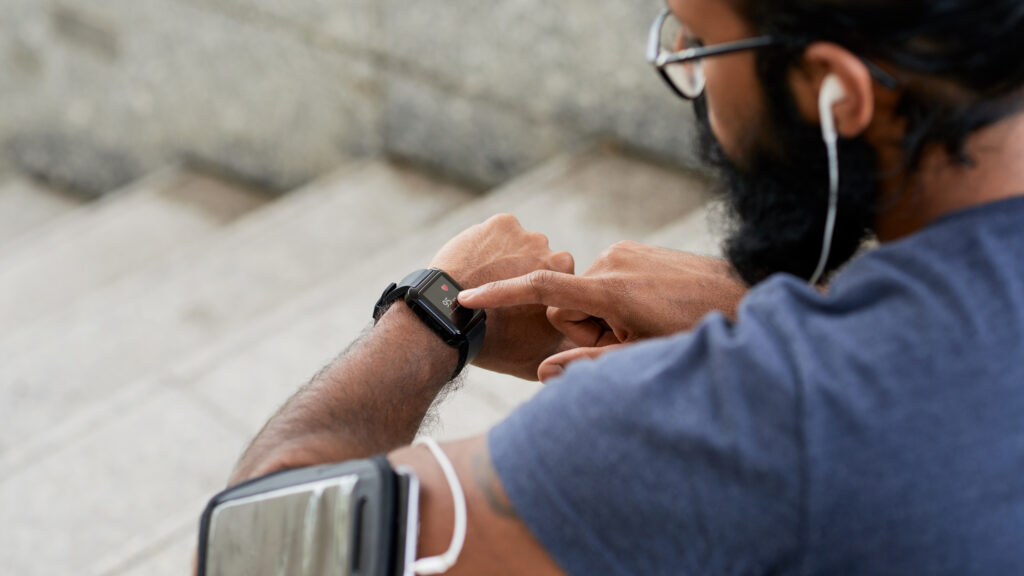Pfizer’s promising research on a treatment for a dangerous cancer-related condition is also helping prove out the value of wearables in clinical trials.
In September, the pharma giant reported results showing that an experimental antibody could positively impact people with cachexia, a complication sometimes called “wasting syndrome” that can cause people with cancer to lose weight and make it harder for them to tolerate treatments. In the study, people randomized to a 400 milligram dose of the treatment, called ponsegromab, had a median weight gain of just under 3 kilograms, compared to those on placebo.
advertisement
While the weight gain was significant, experts at the time said the study’s secondary endpoints, including patient-reported outcomes and physical activity measured by a wearable, presented a more nuanced portrait of how the treatment was influencing patients. Specifically: Patients on the 400mg dose had 72 minutes of additional non-sedentary activity per day, as measured by a wearable, compared to placebo. The investigators noted this could represent clinically meaningful functional improvement that allows patients to complete daily activities, such as showering, dressing, and light household activities.
STAT+ Exclusive Story
Already have an account? Log in


This article is exclusive to STAT+ subscribers
Unlock this article — and get additional analysis of the technologies disrupting health care — by subscribing to STAT+.
Already have an account? Log in
To read the rest of this story subscribe to STAT+.

